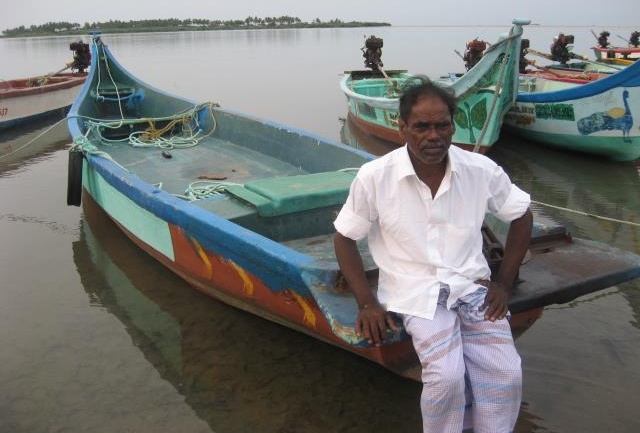Sophie Cooke is Habitat for Humanity Australia’s International Program Manager. Recently she travelled to Indonesia to visit a housing project for displaced persons supported by Communities for Communities.
This June sees the completion of our seven year Bitung Resettlement Project in Indonesia, re-housing 351 families who were displaced by conflict in Indonesia’s North Maluku region between 1999-2000. During the conflict, approximately 4,000 people were killed and 13,000 internally displaced persons fled to North Sulawesi province. One of the considered safe havens was Bitung, a port city 50km from the provincial capital Manado, where more than 400 families ended up living in temporary camps.
Prior to the project starting in 2010, many families were still living in informal settlements. Some were in an abandoned factory, while others were in temporary housing with no security of tenure and without proper toilets or water supply. As they did not own the land on which they were living, the families feared eviction. Having fled their homes and left everything behind, these families did not have the means to start again without support. In 2010, Habitat for Humanity set about re-settling these families in permanent housing in three phases. The first phase saw 125 families re-housed, and by 2013, we were joined by project partner Communities for Communities to re-house a further 226 families in two phases.


Almost seven years after the project began, 351 secure houses have been constructed with hygienic latrines, a running water supply, electricity and room to expand. Visiting the site in May 2017 as the finishing touches were going into the final houses, we could see families from the earlier phases who have saved money to expand their homes. They had begun planting vegetable gardens and setting down roots. Their children have rediscovered the joys of being kids and played carefree in the new playground.

(Left) Yeti, a widow from Phase II, who has been able to send her sons to university thanks to the stability and security that owning her own home and business provides (Right) Community block making team making the cement housing blocks during Phase III construction
We heard the stories of those who now had enough financial stability for their children to be the first generation in the family to be sent to university. This is because, in addition to housing, families have received training in livelihoods, waste management and financial management, so they can earn a steady income and improve their standard of living. One new resident shared her plans to set up a community recycling bank so that she can help keep the community clean and earn money from recycling plastics.

(Above) Children from the 3 communities test out the new playground
The finished project is an incredible testimony to the hard work of the community, the generosity of our donors, and the long term commitment of project partners Communities for Communities and Habitat for Humanity Indonesia. 351 families now have the opportunity for a secure future, bringing generational change to families who had lost everything.
Find out more:
Skip to content
Skip to sidebar
Skip to footer


